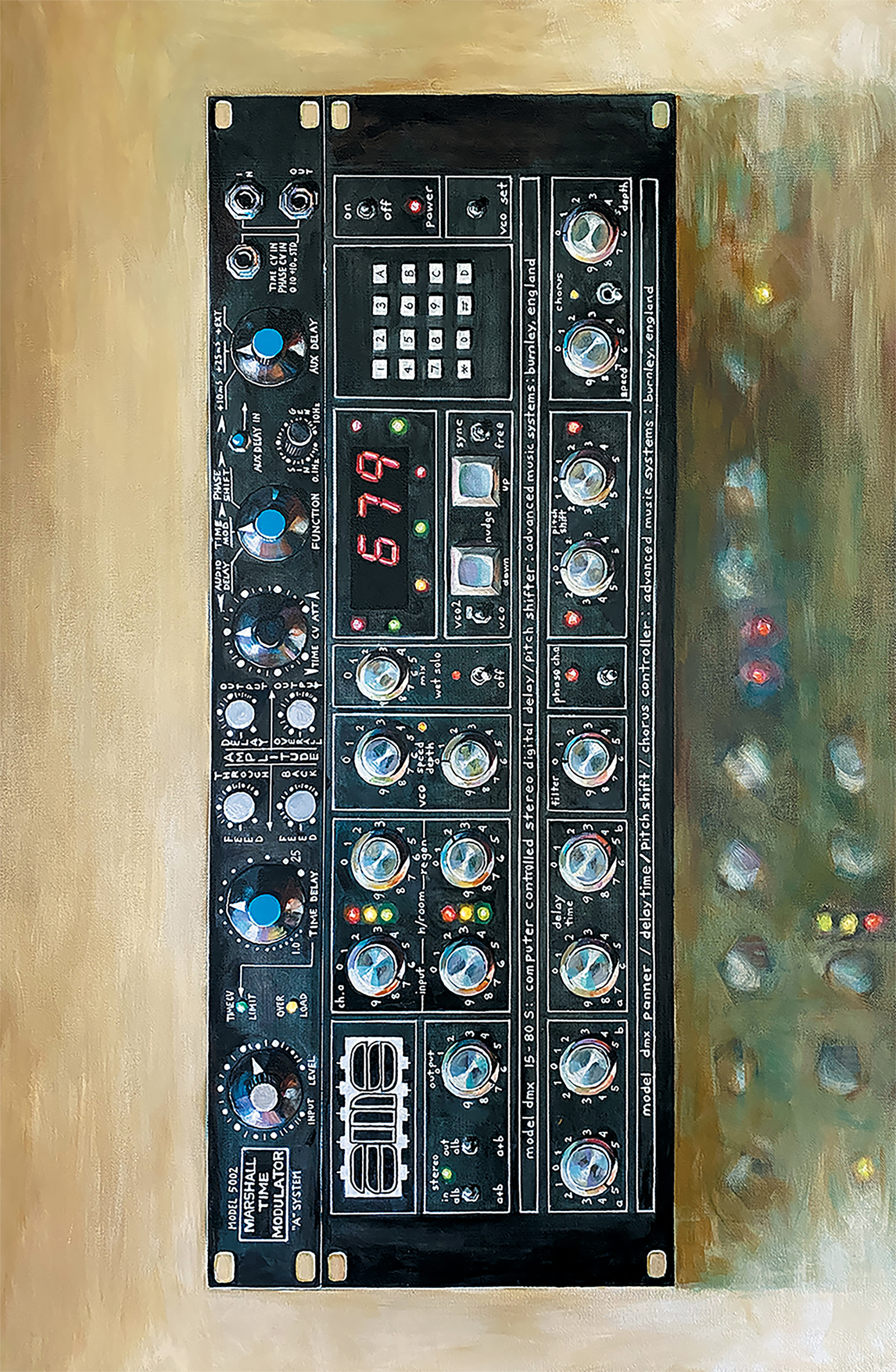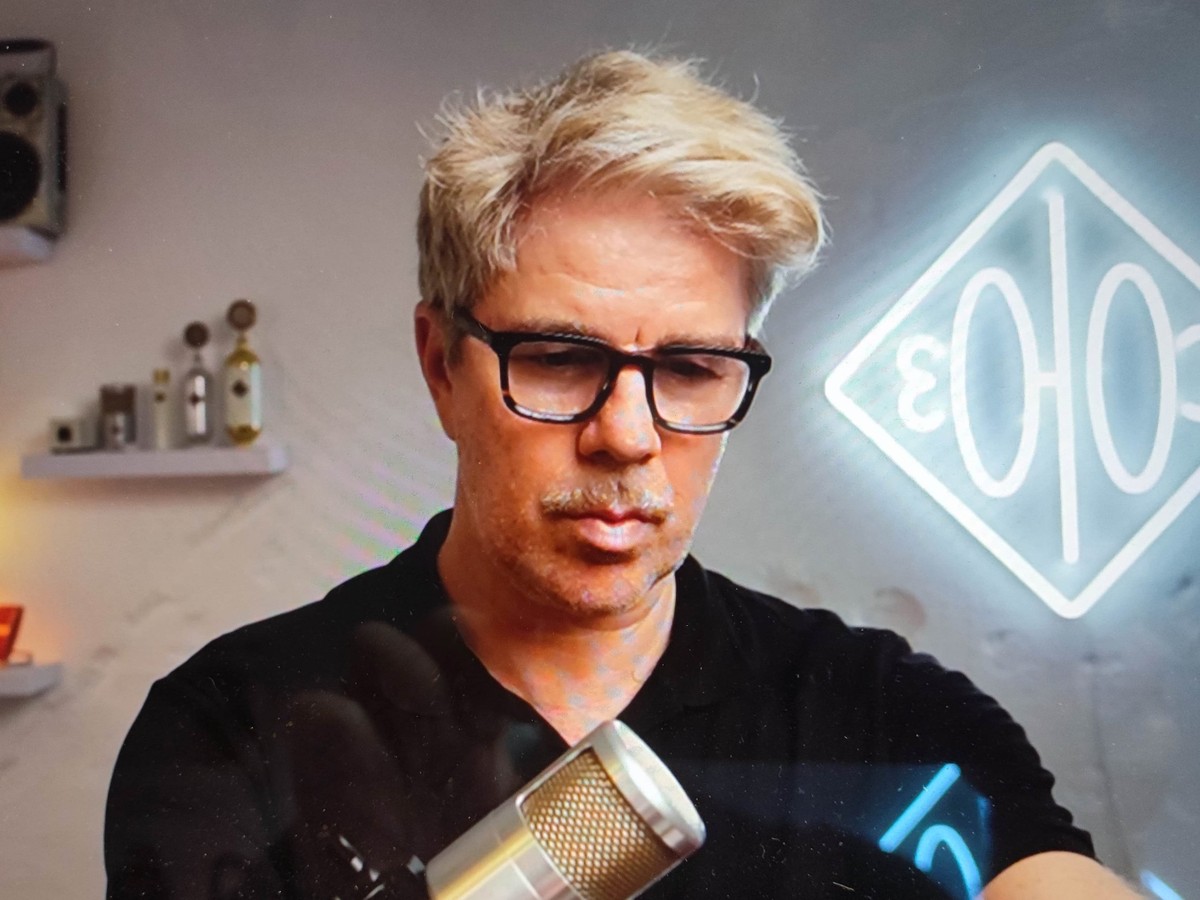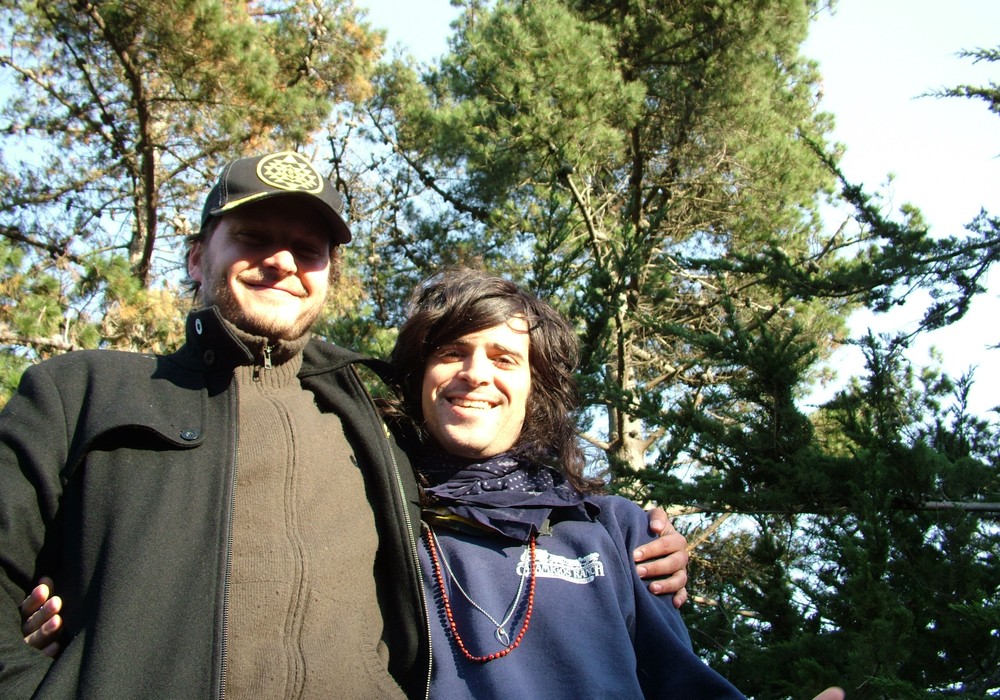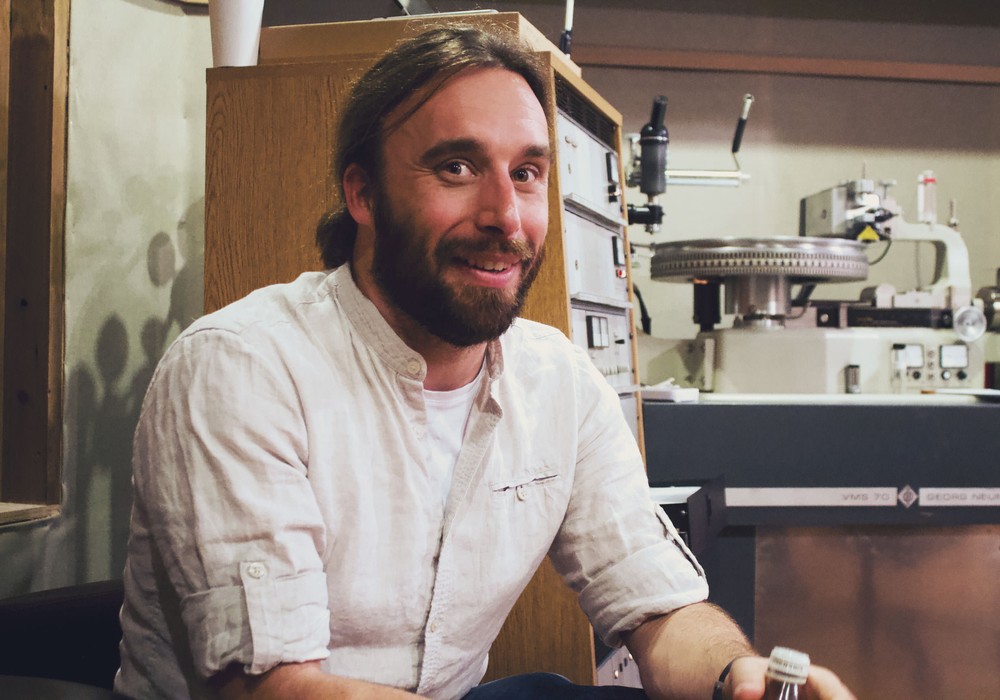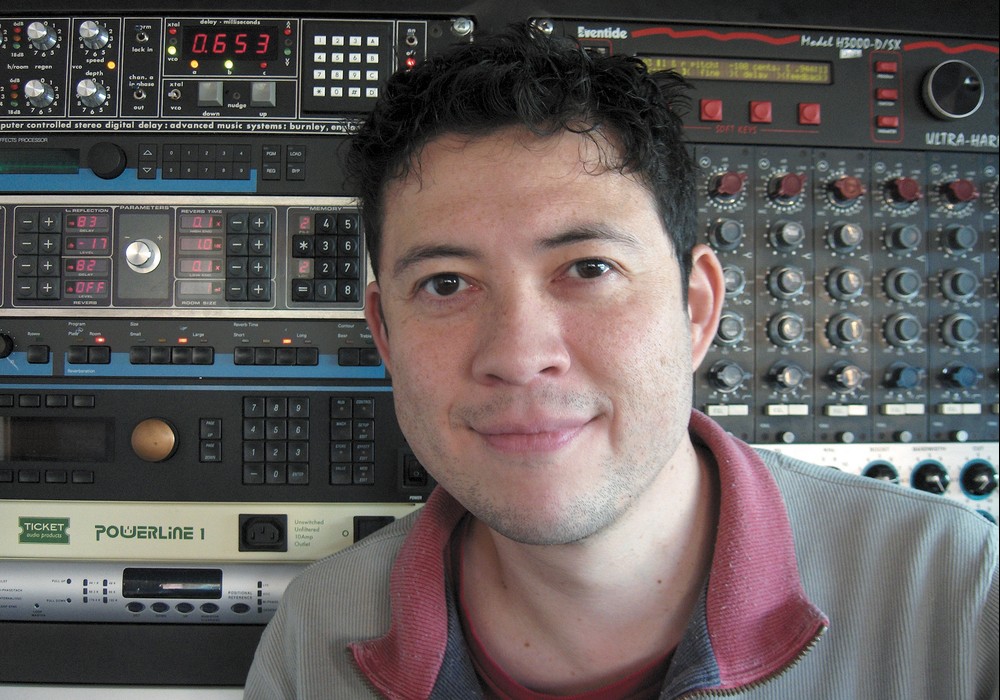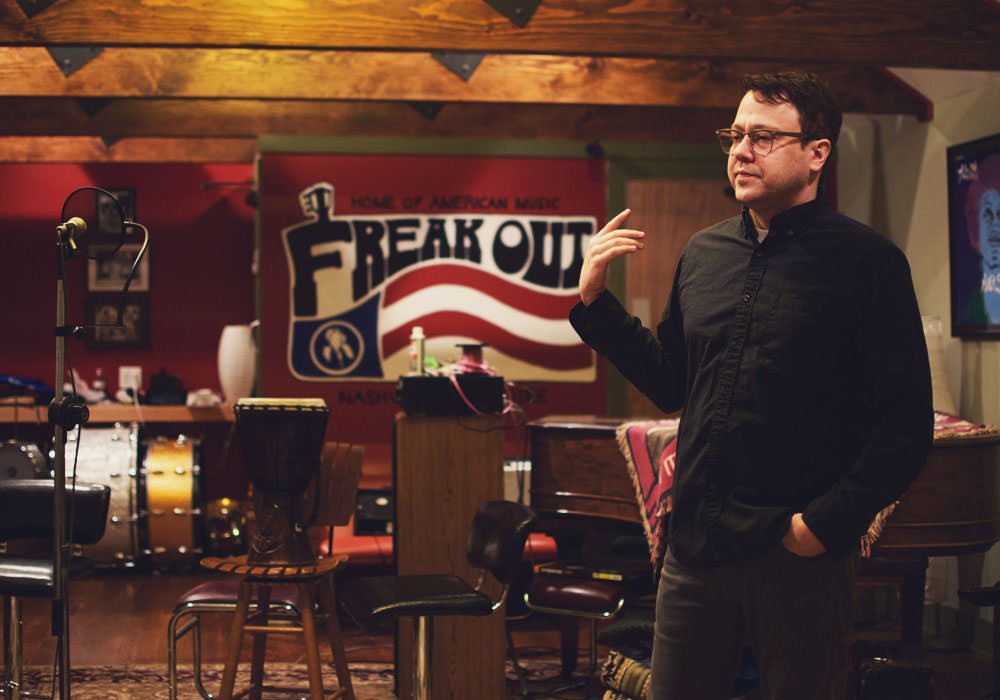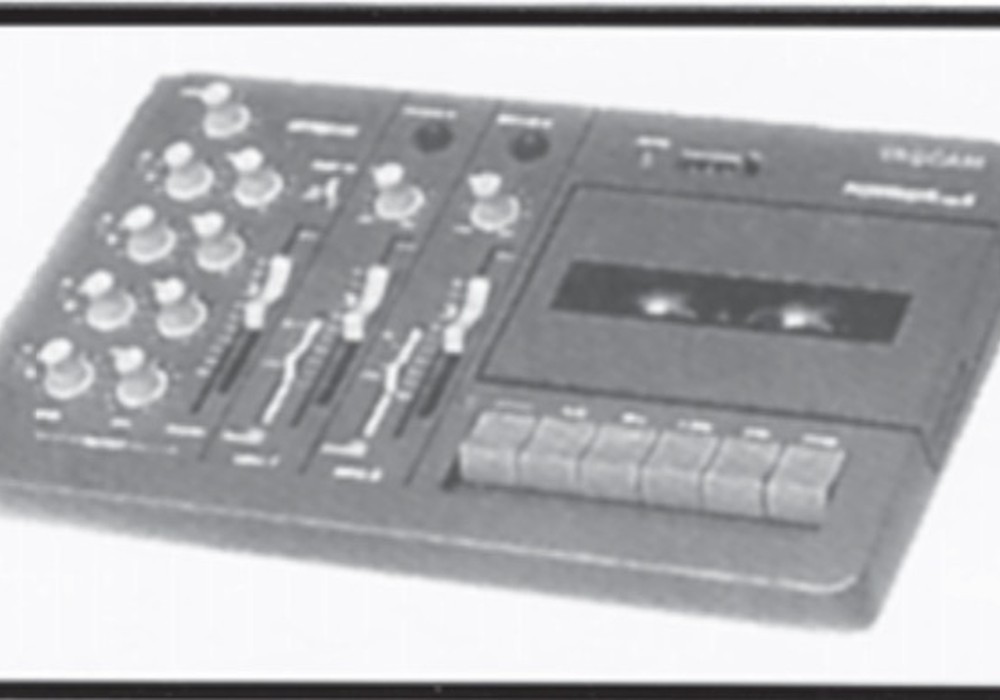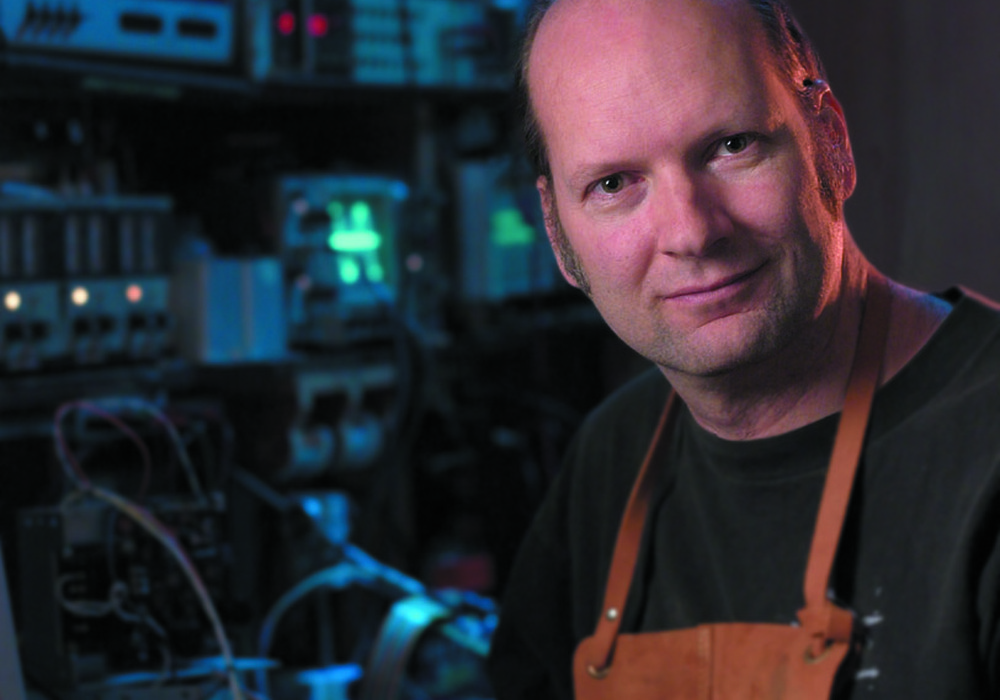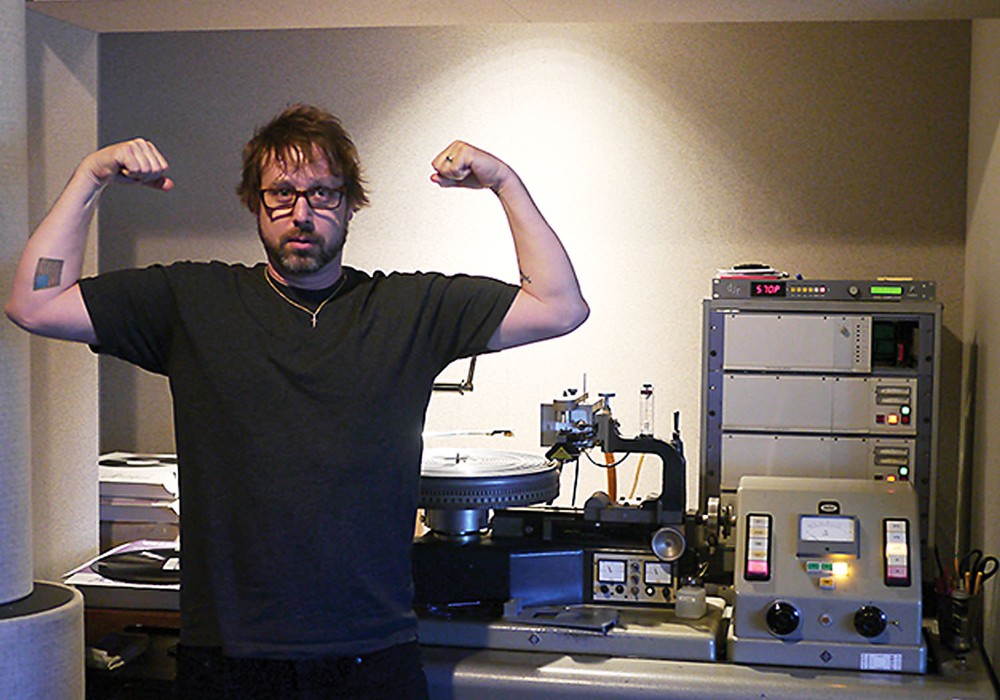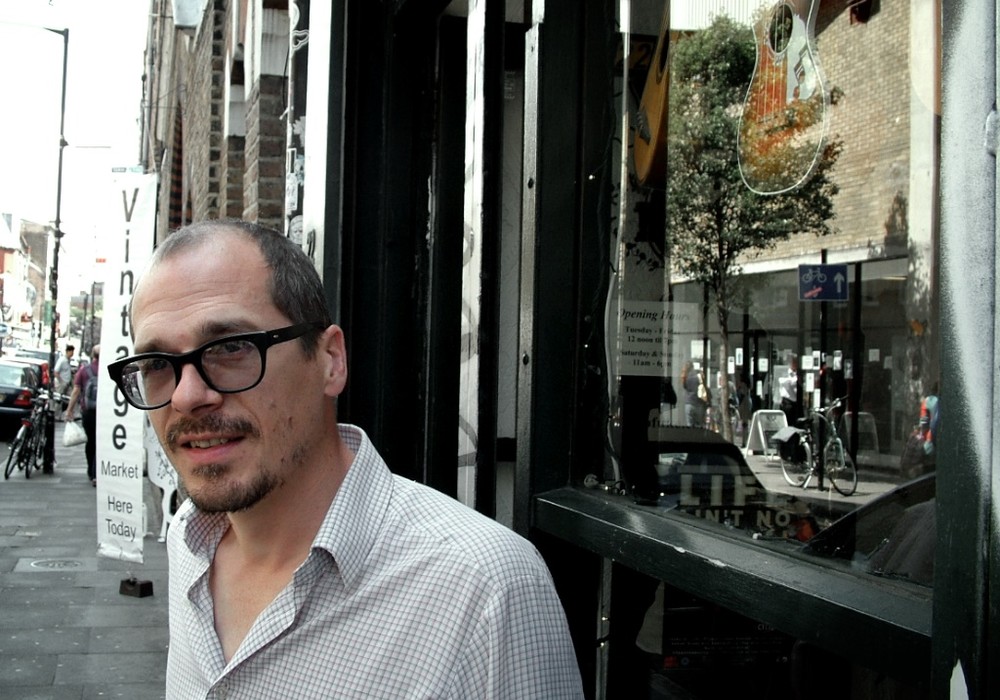How and why did you start Soyuz?
It's a weird story, because I certainly never thought I would start a microphone company. I was in Russia in 2013 because my band Brazzaville is popular there and had been touring there since 2003. I have no idea why, but one day I thought, "I wonder where Oktava is?" I had bought some Oktava [microphones] back in the '90s when they were the first affordable condenser mics around and Guitar Center sold them. I looked them up on Google, and they were in a town called Tula. I thought, "That's a pretty name," but I had no idea where it was. A week or so later, I was playing a gig in a completely different city, Krasnodar, and this guy came up to me after the show and said, "Hey, I'm a big fan. Would you ever consider doing a solo show in my hometown?" I asked him where it was, and he said, "It's called Tula" I said, "You're kidding! That's where Oktava is right?" "Yeah, that's right," he said. So, I said, "Man, if I come play, could you arrange a tour of the factory? I'd love to see it." So, long story short, he arranged a gig a few months later. He had to get permission from the FSB (the Russian Federal Security Service, Federalnaya Sluzhba Bezopasnosti) for an American to go to this factory, because they make military headsets and stuff like that. He got me in, and it was really old and kind of rundown. They had lost their distribution in the West. He said, as kind of a joke, "Maybe we should form a company and help them get back to America." I thought about how the world is so different than it was when Oktava was popular; they were the only option for decent condenser mics that weren't super expensive, but now there are tons of Chinese mics and there are Australian mics – it wouldn't work. But then I thought, the Russians have all this technology, old classic technology that they still use; tubes and manual lathes. I thought that if somebody could do some nice designs that could combine Western design and marketing with classic Russian technology, maybe it would be possible to make a mic that's as good as the classics without being a copy of them. My reasoning was that the Soviet Union developed in parallel with the West. We made rockets. They made rockets. We made tanks. They made tanks. We made mics. They made mics. So, they have this rich technological tradition but there wasn't a tradition of marketing. That was the idea, to try to make something that sounds as good as the classics, that isn't a clone, but that can live in the same realm. So, Pasha, my friend from Tula – who is now my business partner – started to form a company to do this. Originally our plan was to work with Oktava. We would do the designs, we would develop everything and they would produce it. We were within a week of signing a contract with them when their parent company, Rostec, fired the entire management staff. The new guy they brought in, everyone was terrified of him. I said, "Let's arrange a meeting with this guy." I met him and I said, "Pasha, there's no way we can work with this guy. He's out of his mind." He agreed. He said, "What can we do?" I realized we had to do it on our own, but we had no money so we started trying to raise money. We talked to a lot people who thought it was an interesting idea, but nobody would invest in it. Finally, there was one guy in New York who said, "I like your idea and I'll give you some investment in tranches, because I have to see how my finances are." He didn't give us the full amount he was going to, because after a couple of tranches he had a big tax bill or something, but it was enough for us to buy our first lathe to get started, and to build four prototypes of our...
